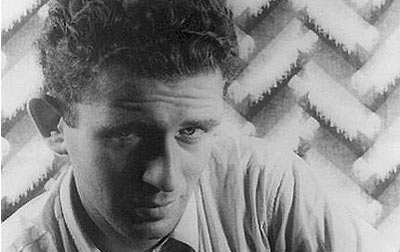Culture
Norman Mailer, subversive conservative

Since Norman Mailer’s death two weeks ago there’s been an outpouring of eulogies about the “passing of the sixties generation.” As a Catholic, I’ve always been attracted to Mailer because he perfectly embodied the contradictions of that era. Part drunken orgy, part moral crusade, the sixties at times was like a distorted, bizarro version of the Gospels. We tend to forget the religious fervor behind much of it.
The very traditional Catholic historian Christopher Dawson once observed that the Catholic person is essentially erotic—driven by love—as opposed to the “bourgeois,” who lives by economic and spiritual calculation. In that sense, Mailer, who called himself a “left-wing conservative,” was a sort of crypto-Catholic. (In his last book, On God, he was asked by his interviewer whether “if there’s any pathway to formal religion open in your mind, it’s to Catholicism”). Mailer was a subversive, but always for the sake of eternal values: love, justice and beauty. On many important questions—like masculinity—he was downright conservative. Did it all make sense? Mostly no—he was an artist and a personality, not a systematic thinker. His worst books were the ones directly about God, who he could only imagine in his own image. But he did call himself a fundamentally religious writer, and that needs to be recognized.








